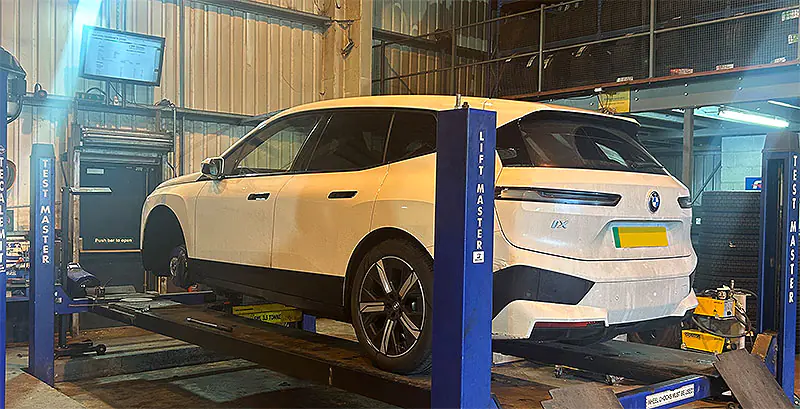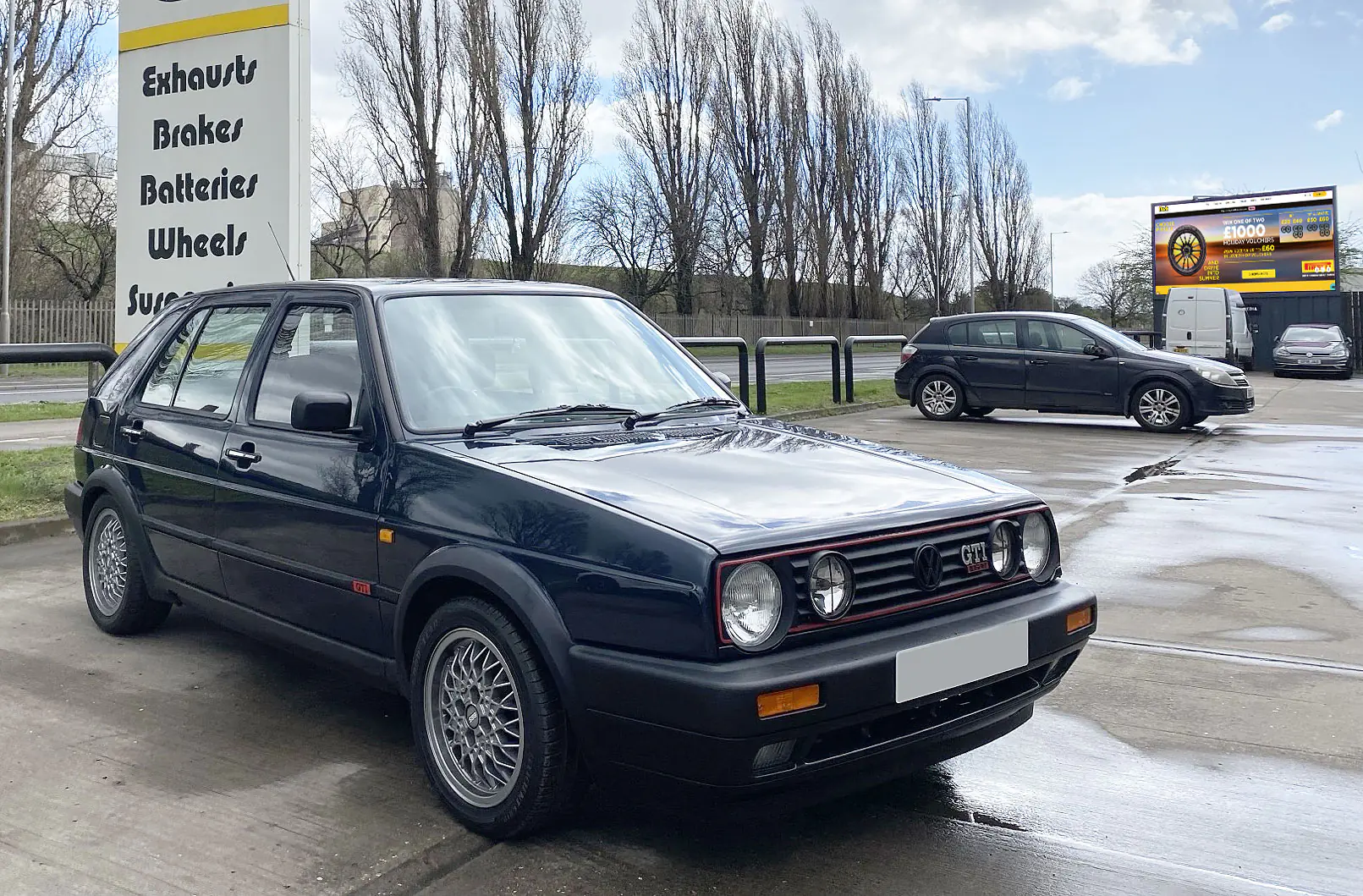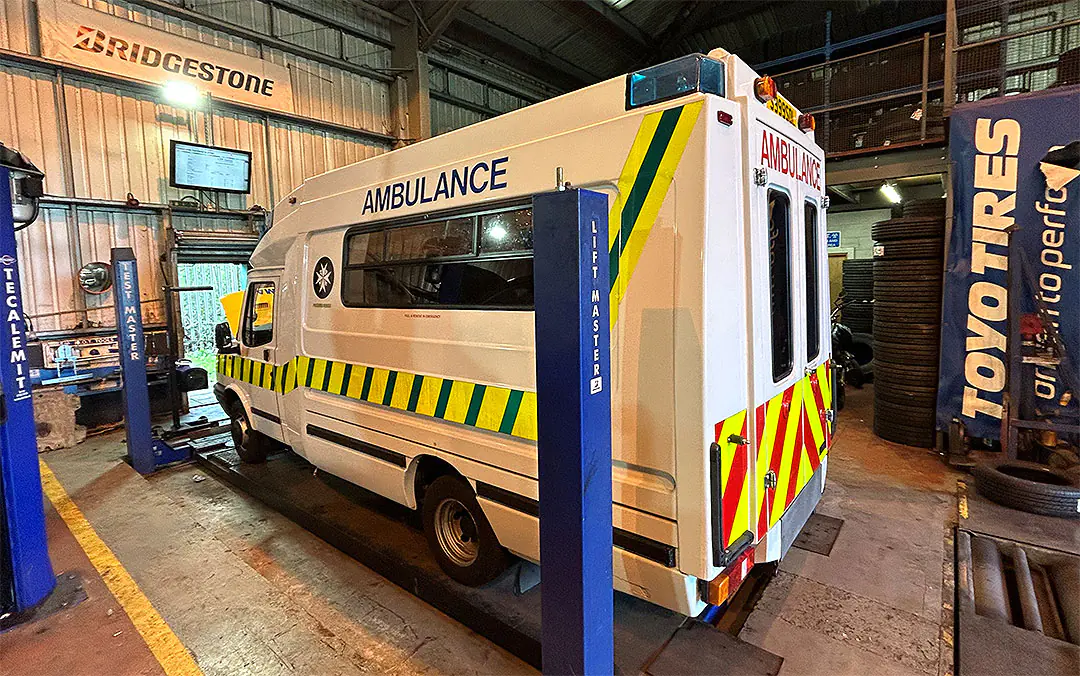Winter Vehicle Checks: Make sure you and your family’s vehicles are winter-ready!
Article written by Bush Tyres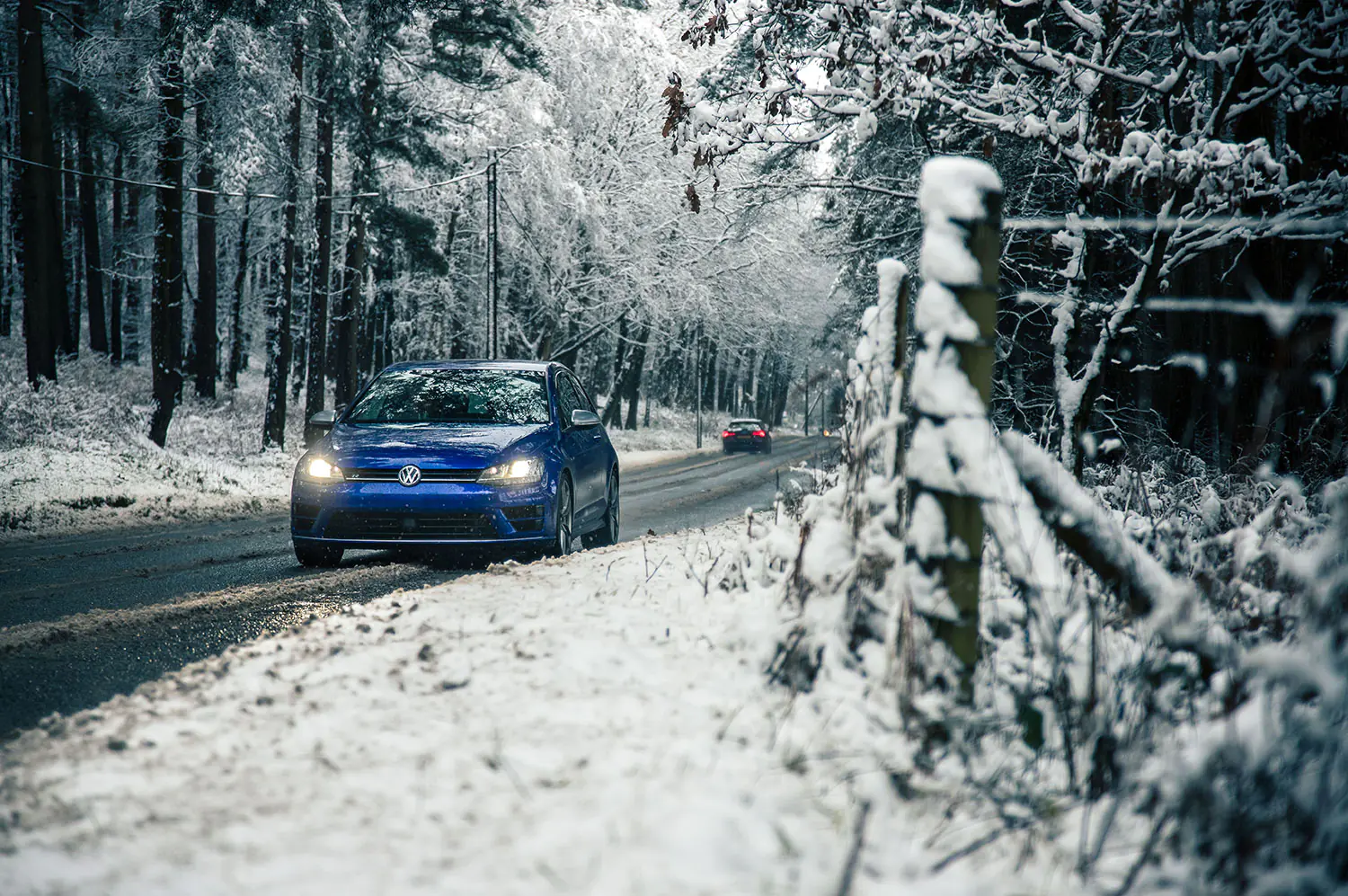
With the winter weather now fully upon us, now is the time to prepare your car and yourself for the colder weather. To help, we have put together this handy winter vehicle checks guide, including advice on what items to carry in your vehicle ‘just in case.’
Covered in snow drifts, a light layer of ice, sleet, or even slush, winter roads can become unpredictable. Being prepared will help you make the best of the bad weather, here we look at the best things to have in your ‘winter kit’, as well as a handy checklist to get your vehicle winter ready.
As the winter sets in, before starting out on any long journeys, we recommend you follow our winter vehicle checks checklist.
Winter Vehicle Checks:
- Check your tyres including Air Pressure, Condition and Tread depth (ACT). The legal minimum tread depth is 1.6mm (new tyres are 8-9mm). The AA recommends a minimum of 4mm for winter tyres, for better grip and optimum steering and braking. Consider changing to Winter Tyres, for added grip in conditions such as snow, as well in less severe winter weather such as slush or ice.
- If your car carries a Spare Tyre, make sure it is in good working order, with sufficient tread. Your spare tyre should be inflated to the correct pressure. The recommended pressure for your car’s tyres can be found in the vehicle handbook. Depending on the age of the car, this may also be found inside the fuel cap or on the sill of the driver’s door.
- Check your Battery. Cold temperatures can reduce output while the batteries work harder to power lights, blowers, and heaters. If you don’t feel confident in checking your battery’s charge yourself, pop into your local branch for a FREE Battery Check.
- Check fluid levels are topped up correctly – coolant should be equal parts water and antifreeze.
- Make sure you maintain at least a quarter of a tank of Fuel in case of delays.
- Check Oil levels regularly and especially before any longer journey.
- Regularly clean your Lights, check indicators and reflectors for cracked lenses or dead bulbs. Check your lights are working on full and half beam and don’t forget your fog lights.
- Get your Brakes checked – pads, discs, and Brake Fluid – brakes need to be responsive and efficient.
- Ensure all Drive Belts, including Fan Belts and Alternator Belts are not worn or slipping. If you hear any squeaking or unusual noises, chances are they have become worn and need attention.
- Make sure Spark Plug Leads are clean and in good condition. Any visible wear or cracks could affect the engine’s efficiency.
- Check Windscreen Wiper Blades for tears or grooves/notches by running your finger down the blade. Replace where necessary, and don’t forget to clean your windscreen inside and out.
To help you and your car get ready for winter, we offer a FREE Winter Check at all of our branches. This includes tyre checks – Air Pressure, Condition and Tread (ACT), Battery checks, Wheel Alignment Checks, Brake Checks, Wiper and fluid level Checks. Book a FREE Winter Car Check
The Essential Winter Car Kit
Phone charger – motoring organisations recommend keeping your mobile phone fully charged and always have a phone charger in the car. If you are involved in an accident or need to call for help you will need your phone.
Phone Navigation apps – With phones becoming ever more important in our daily lives, they can also potentially save your life. Should you become stuck in a remote location there are many apps out there to help identify where you are. Apps such as “What3Words” refer to maps with unique 3 metre blocks – each ‘square’ has a unique, reference. If you were stranded at ‘///lobster.rejoined.masks’ you could then be traced to that exact location. UK emergency services and breakdown services are trained to understand these references and it’s proven to help trigger faster response times.
De-icer and Ice scraper/snow brush – Always clear any snow from your car before starting your journey and be sure to clear the whole car. This will avoid the snow from your roof flying off and hitting another vehicle. Even the smallest snow flurry can quickly cover a car in the time it takes to make a pit stop on a journey so be sure to do this again after any refreshment breaks.
Shovel – A shovel is indispensable for clearing snow if you do get stuck. It can also be used for clearing the road ahead. If boot space is at a premium, folding shovels are also an option.
Torch (with spare batteries) – with evenings now drawing in as early as 4pm, a torch will help to identify anything that needs attention and could also help other road users or emergency services to see you if your vehicle battery failed.
Sand/salt/cat litter –Several handfuls of sand, salt or even cat litter, sprinkled in front of the tyres can help to create some traction if your car gets stuck in the road. This can be stored in an old plastic milk container to keep it secure and dry. The container also makes it easy to sprinkle onto the ground if needed.
Warm clothes/gloves/hat/blanket – shovelling snow off a stranded car will be a lot easier if you are warm! If you do find yourself stranded, winter temperatures can drop rapidly, especially overnight. It won’t be practical to keep the car heater running all the time so blankets and warm clothes will help you to stay warm and safe.
Boots/ice grips for shoes – perfect if you need to walk to safety, some boots or spare shoes even can help keep your feet warm and dry.
First aid kit – Essential all year, in the winter, when response times by emergency services may be longer, basic first aid can make all the difference to someone injured waiting for help to arrive.
Jump leads – In winter, your battery is under extra load. With the heater and lights on for longer periods your battery may suffer. Lots of short journeys also can shorten the life of your battery. if your battery dies, a jump start from a passing motorist can help start the engine. When stranded, your heater will not keep you warm if your battery has died.
Windscreen washer fluid/screen wash – maintain maximum visibility in a snowstorm by ensuring your screen is kept clean. When adding screen wash, check the bottle for instructions for details of the proportion of screen wash per litre of water as this can vary depending on the time of year. Refer to your vehicle’s handbook for the exact capacity of your screen wash bottle.
Hi-visibility vest – A legal requirement on the continent, a ‘hi-vis’ vest is a remarkably cheap but potentially lifesaving item that should be kept in your door pocket or glovebox. If you do have to leave your vehicle, any hi-vis clothing will help oncoming vehicles see you after dark or in reduced visibility situations.
Water/snacks – If you face a long wait for help or become stranded overnight, to maintain energy levels and keep blood sugar levels up, snacks are essential. Non-perishable protein cereal bars are a good choice, as is chocolate, bottled water is useful, or even better to take a flask with a warm drink.
TyreSafe.org recommends Winter Tyres are fitted from October through to March. UK drivers travelling to European countries may also be legally required to fit winter tyres, (information on EU travel is available from the DFT).
For more information on Winter or All-Season Tyres as well as our FREE Winter Vehicle Checks, call into any one of our locations and we can help you prepare your vehicles for the colder weather ahead.
Book a FREE WINTER CAR CHECK


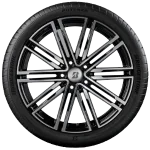 Tyres
Tyres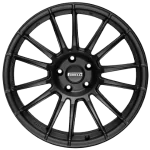 Services
Services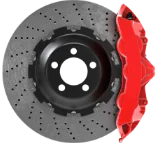 Fast Fit
Fast Fit Offers
Offers